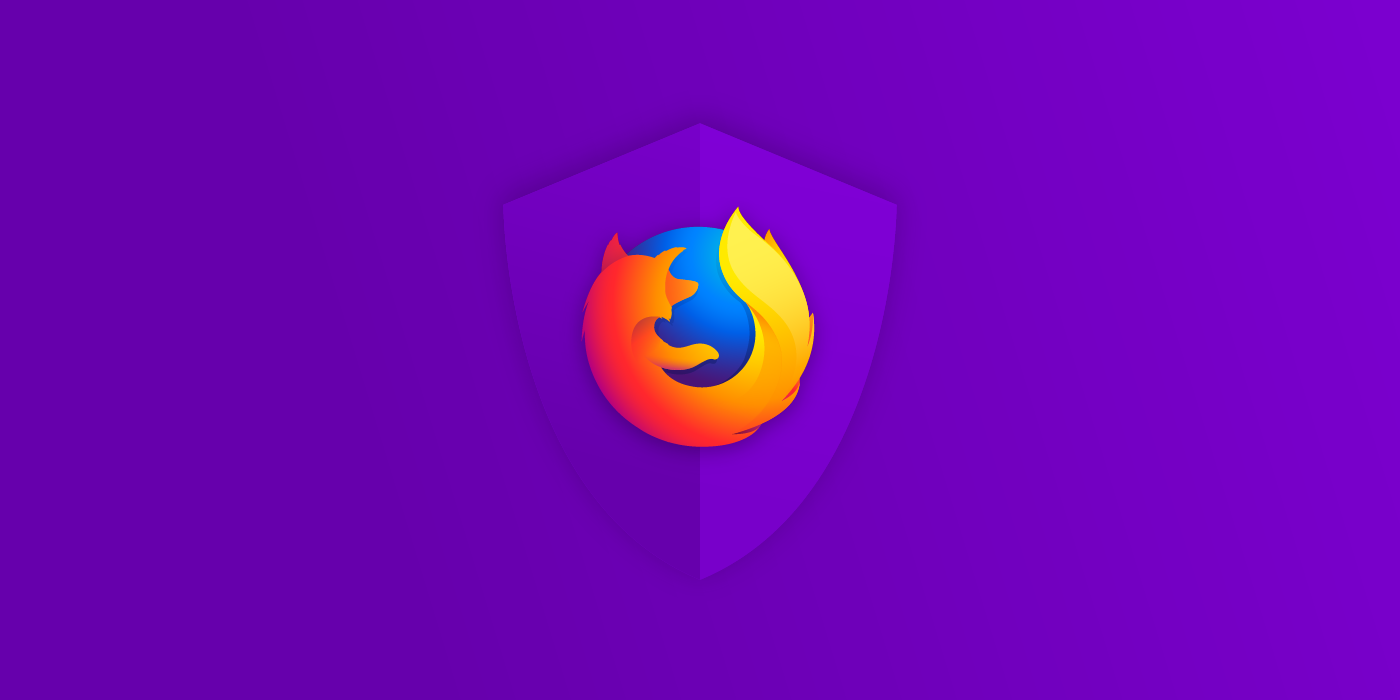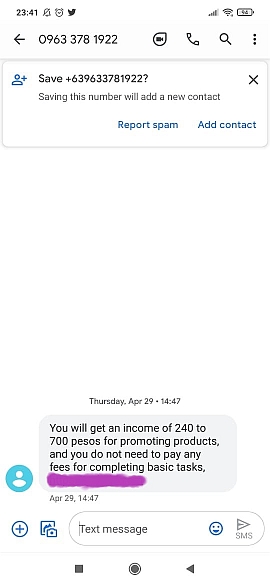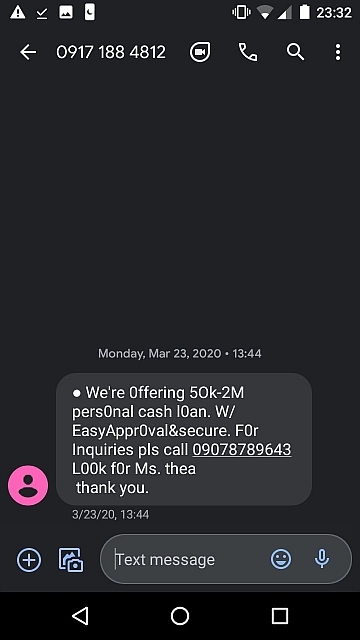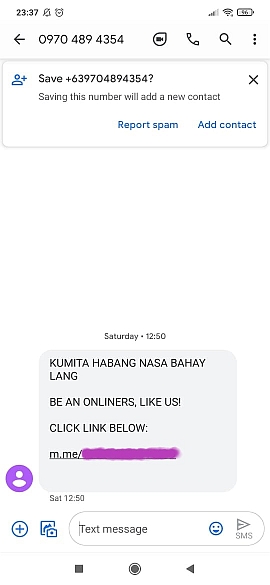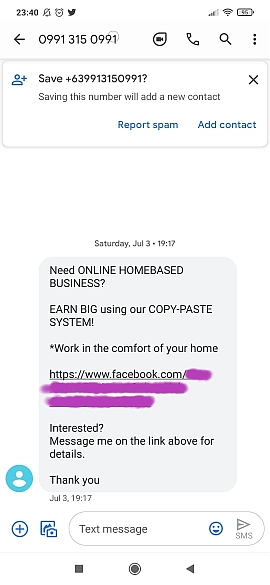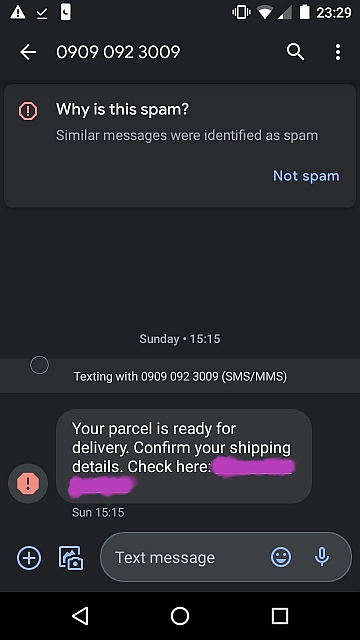Privacy is something we have not been taking seriously for quite some time now.
The COVID-19 pandemic has brought massive changes to the way we live in the past year and a half. Most of our daily errands and activities have gone online, like paying bills, doing grocery shopping, sending money, and performing bank-related transactions. If it has not been too obvious yet, we have become more and more reliant on doing things online, accessing digital versions of our daily to-do’s via the Internet. Another not-so-obvious thing that we may be missing: Being aware that we have to protect our data and our online privacy.
Scam and Spam
Do these SMS scams look familiar to you?
Have you ever wondered why these kinds of unwanted messages make their way to you? Some of these so-called spam even arrive on your email or even messaging apps. The images above are mostly benign, but some are serious enough if you’re not careful when viewing (or clicking on) them!
How do they get my number?
Data gets leaked everywhere! Try to look back:
- Have you filled out some forms in exchange for some freebies?
- What about those small slips of paper serving as contact tracing forms that ask for your name, address, and contact number? Are you sure that the info you provided are carefully handled by the establishments?
- Have you checked your Facebook and other social media privacy settings? Are you sure that you haven’t set anything [needlessly] to Public?
- Have there been data leaks before, which may have involved your data? (e.g., “Comeleak” scandal, Cashalo data breach, etc.)
Quite recently, our mayor, Kit Nieto of Cainta, Rizal posted a public COVID-19 advisory on his Facebook account. It involved updates on Cainta’s vaccination program. Part of the post suggested to people to post their name, address, telephone number, and COVID priority (A1, A2, A3, etc.) in the comments section. This was included for convenience, instead of going through Cainta’s existing COVID vaccine registration platform.
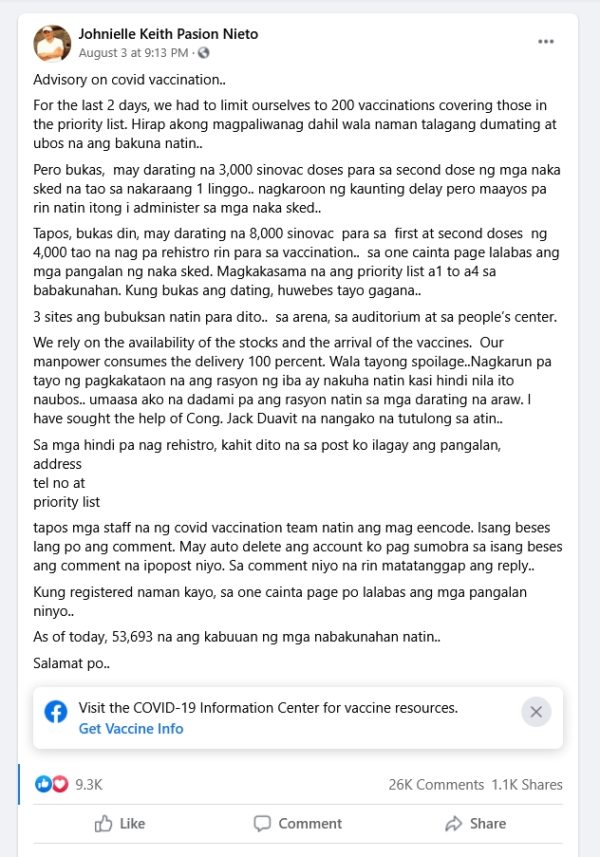
As of this writing, there have been at least 26,000 comments, all publicly viewable by anyone on the Web. It’s pretty reasonable to say that so far, anyone can easily get the names and private information of those 26,000 commenters for whatever use they want. And these may include malicious intent, like using them to hack their way into people’s email, social media, education, entertainment, and online banking accounts.
It may sound “extreme”, it may “seem” unlikely — until you’re already scrambling to recover your hacked online accounts.
What can we do?
For those who handle the personal data
Please be responsible with how you handle OUR DATA! Whether it’s government entities or private enterprises, you are entrusted with information that people provide in exchange for services. It will always be a delicate balance between convenience and security. If you’re going to ask for information online, always ensure that people’s information is protected and secured. Urgency is important in this time of pandemic; however, people’s rights to privacy should never take a backseat!
For the Filipino user
Always be aware of what you post online! Think twice before typing in your personal info. Remember, once you put them out on the Web, it’s a lot harder to secure once others take hold of it. What is convenient does not automatically mean it’s secure. Is it really, really, really necessary to post info on a publicly accessible page?
Be also aware that your rights extend to cyberspace! Watch this short video about data privacy, courtesy of the National Privacy Commission (NPC).
Closing
It may seem like a chore to practice privacy in our online lives, but it is a continuous exercise that is absolutely necessary. The convenience of accessing a lot of services (and information) online has been a blessing in this era, but alongside it brings some risks. To manage some of those risks, we have to continuously learn, be aware, and apply them in our daily, online lives.
Ingat! At pag-ingatan din ang iyong pribasiya at impormasyon online!
